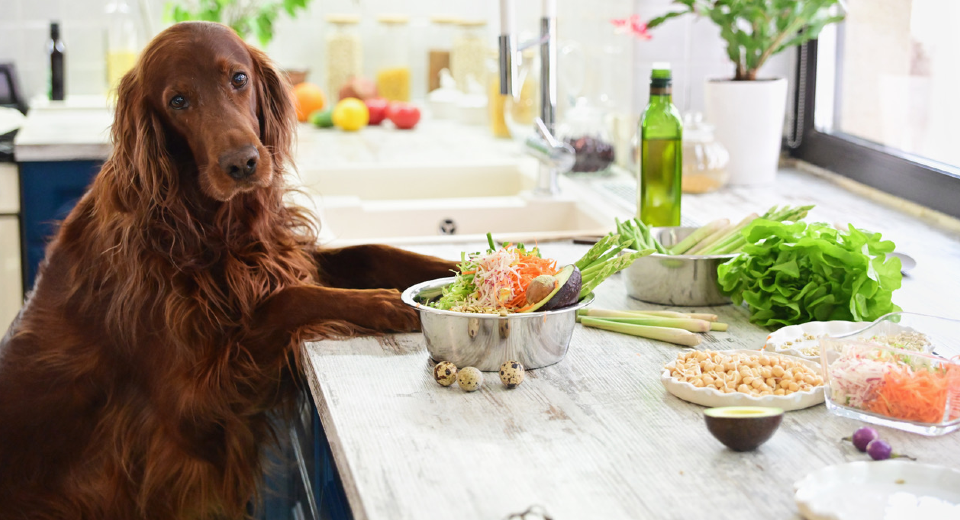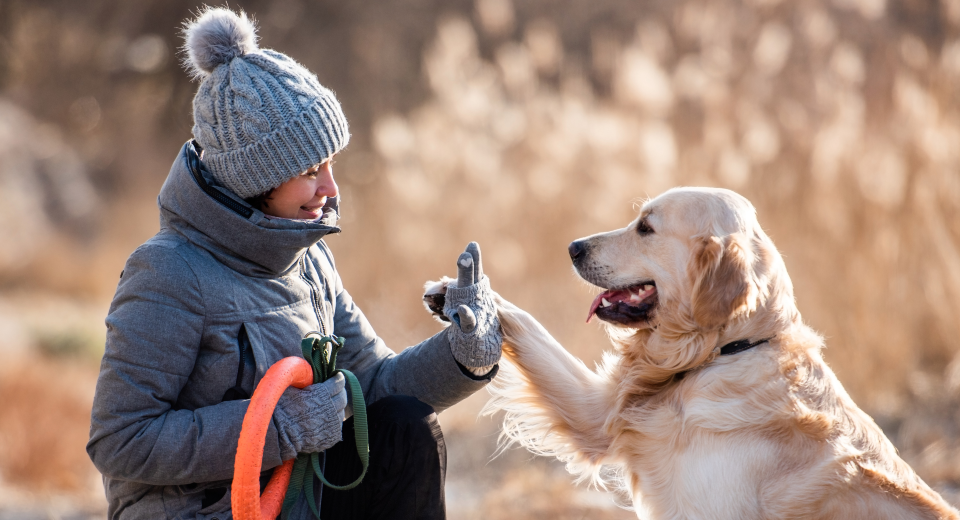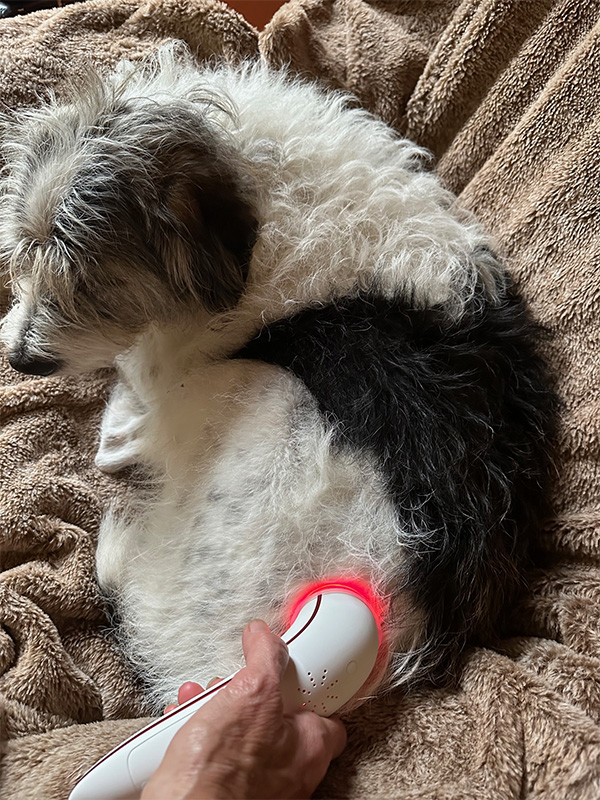Dr. Laurie Brush of Heaven at Home Pet Hospice Highlights Key Research and Practical Tips for Pet Owners
[GRAND RAPIDS, MI] – In recognition of Pet Pain Awareness Month, established by the International Association for Veterinary Pain Management (IAPVM), Dr. Laurie Brush, DVM and founder of Heaven at Home Pet Hospice, is urging pet owners to recognize the signs of pain in their aging companions and take proactive steps to ensure their comfort.“Pain is a significant yet often overlooked aspect of our pets’ lives, especially as they age,” says Dr. Brush. “Many pet owners mistakenly believe that slowing down or showing less enthusiasm for play is a natural part of aging, when, in fact, these can be indicators of chronic pain.”
Dr. Brush was one of the first veterinary specialists certified by the International Association for Animal Hospice and Palliative care as a Hospice and Palliative Care Veterinarian (CHPC). She currently serves as a member of the IAAHPC advisory board that advocates for improved quality of life for companion animals through compassionate care.
Recent studies underscore the prevalence of pain in pets, particularly in older animals. Research from the American Animal Hospital Association (AAHA) reveals that nearly 80% of dogs and cats over the age of eight suffer from some form of arthritis. However, only a fraction of these pets receive adequate pain management, as owners often misinterpret or fail to recognize the signs of discomfort.
Recognizing the Signs of Pain in Pets
Pets cannot verbalize their discomfort, so it’s essential to be vigilant for subtle signs that may indicate pain. Common symptoms include:
- Changes in Behavior: Increased irritability, reluctance to be touched, or withdrawal from social interaction.
- Mobility Issues: Difficulty rising, limping, or a reluctance to climb stairs or jump.
- Altered Eating and Drinking Habits: A decrease in appetite or difficulty chewing.
- Vocalization: Whining, whimpering, or excessive barking.
- Restlessness or Inability to Settle: Constant pacing or difficulty finding a comfortable position.
“By observing these signs, pet owners can take the first step toward alleviating their pet’s pain,” Dr. Brush notes. “Early intervention is key to improving quality of life for aging pets.”
Ways to Make Aging Pets More Comfortable
Dr. Brush recommends several strategies to help aging pets live more comfortably:
- Veterinary Consultation: Regular check-ups with routine care veterinarians are crucial. A vet can diagnose the underlying cause of pain and prescribe appropriate pain management options, such as medication or physical therapy.
- Weight Management: Keeping pets at a healthy weight reduces strain on joints and muscles, minimizing pain.
- Comfortable Bedding: Provide orthopedic beds that offer support for aching joints, helping pets rest more comfortably.
- Low-Impact Exercise: Gentle exercise, such as short walks or swimming, can help maintain mobility without exacerbating pain.
- Environmental Modifications: Consider ramps or steps to help pets navigate the home, and ensure food and water bowls are easily accessible.
- Alternative Therapies: Acupuncture, laser therapy, and massage can be effective complementary treatments for managing pain.
Pet Pain Awareness Month is an important reminder that our beloved pets may be suffering in silence.
“Our pets rely on us to advocate for their comfort and well-being. By recognizing the signs of pain and seeking appropriate care, we can ensure that they enjoy their golden years to the fullest.”
For more information on recognizing and managing pet pain, visit PetHospiceVet.com for blog articles and downloads.
About Dr. Laurie Brush, DVM and Heaven at Home Pet Hospice
Dr. Laurie Brush is the founder of Heaven at Home Pet Hospice, a leading provider of compassionate, in-home end-of-life care for pets. With years of experience in veterinary medicine and a deep commitment to the human-animal bond, Dr. Brush and her team offer personalized hospice and palliative care services, helping pets transition with dignity and comfort.
Dr. Brush and members of her team are available for media comment and guest interviews to help promote the awareness of pet pain and new developments in pain management options.
To Schedule an Interview or Appearance Contact:
Kim Hoogerhyde,
Office Manager
Phone: 616.498.1316
Email: khoogerhyde@pethospicevet.com

 Every September, the International Veterinary Academy of Pain Management (IVAPM) promotes pain awareness to foster best practices in the prevention and treatment of pain in animals. One source of pain that affects millions of pets each year is Osteoarthritis (OA).
Every September, the International Veterinary Academy of Pain Management (IVAPM) promotes pain awareness to foster best practices in the prevention and treatment of pain in animals. One source of pain that affects millions of pets each year is Osteoarthritis (OA).









 As veterinary medicine continues to evolve, innovative treatments are emerging to enhance the comfort of senior companion animals. One such breakthrough is red light therapy, a non-invasive treatment that has shown promising medical benefits for dogs. Backed by research from reputable veterinarian journals, this therapy is shedding light on new ways to alleviate pain, accelerate healing, and improve overall canine health.
As veterinary medicine continues to evolve, innovative treatments are emerging to enhance the comfort of senior companion animals. One such breakthrough is red light therapy, a non-invasive treatment that has shown promising medical benefits for dogs. Backed by research from reputable veterinarian journals, this therapy is shedding light on new ways to alleviate pain, accelerate healing, and improve overall canine health.